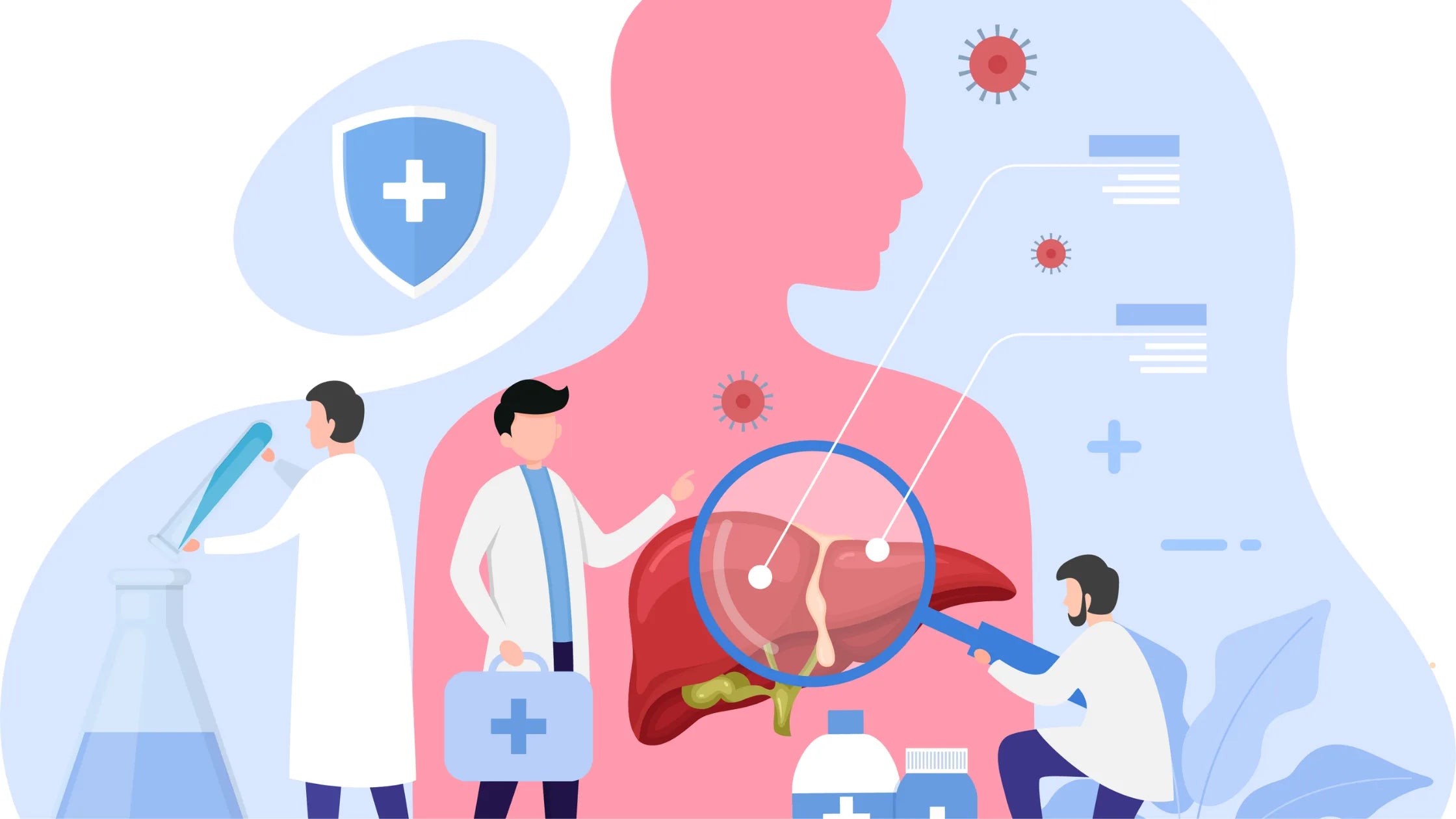Our bodies make glutathione naturally, but the amount significantly decreases as we age. This decline can cause significant oxidative stress and other health problems. Many people wonder if they should take supplements earlier in life.
What is Glutathione?
Glutathione is a potent antioxidant that our body makes. It protects cells and has three amino acids: glutamine, glycine, and cysteine. It helps neutralise toxic molecules called free radicals, which can damage cells and cause ageing and diseases by inducing oxidative stress. Your liver makes glutathione. However, its levels can drop with age, stress, a poor diet, and toxins. This makes it harder for your body to fight illness. Researchers have linked high glutathione levels to better health.
What Is Glutathione? The Master Antioxidant

What Age Is Glutathione Safe To Take? Supplementation For Different Age Groups
Children
For parents considering glutathione supplementation for their children, it’s important to note that doctors think it is safe, especially in specific medical situations. This should provide a sense of reassurance about the safety of these supplements for your child’s health.
Research shows it was used at 65 mg/kg/day for six months. It showed benefits for growth and intestinal inflammation with no significant side effects.
Teenagers
Studies have shown that glutathione supplementation can be beneficial for teenagers in managing various health concerns. The suggested dosage is between 20 and 40 milligrams per kilogram of body weight for 3 to 6 months. This information should instil hope in teenagers looking to improve their health.
Adults
Adults often take glutathione as a supplement. They seek health benefits, like anti-ageing and better immunity. According to The National Institute of Health, Adults over 40 may benefit more from glutathione due to the natural drop that occurs with age.
Research suggests that oral doses of up to 500 mg daily may be safe for short-term use (up to two months) without significant side effects. This information should provide security for those considering oral glutathione supplements.
Elderly
Glutathione helps older people fight oxidative stress linked to ageing and chronic diseases. Research suggests that proper glutathione levels may boost health in older adults. However, be careful with the dosage and method of use. Older people may have different metabolic responses than younger people.
According to a study, the recommended daily dose of glutathione for adults is 500-2,000 mg taken orally or 10-20 mg per kg of body weight for IV use.
Administration Methods
You can consume glutathione in a variety of forms.
- Oral supplements are available everywhere, but their absorption rates may vary.
- Intravenous (IV) is Commonly used in therapeutic settings to produce immediate results.
- Sublingual or liposomal forms may improve absorption compared to regular oral forms.

Factors Affecting Glutathione Supplementation
Several variables can impact intake of glutathione supplementation:
- Age: Younger people may metabolise supplements differently from older people. Children and the elderly require special accommodations.
- Diet: Nutritional status can affect glutathione levels. Research shows that diets high in sulfur foods, like garlic and broccoli, can boost glutathione production.
- Drug Interactions: Glutathione may or may not interact with drugs. If you are on any medications or drugs, consult your doctor before using them.
Conclusion
Glutathione supplements can help people of all ages. But, it’s vital to follow prescribed doses based on individual health needs. Age, health, diet, and drug interactions affect glutathione supplements. Safe dosages are:
- Children: 65 mg/kg/day for six months
- Teenagers: 20 and 40 milligrams per kilogram of body weight for 3 to 6 months.
- Adults: 500 mg daily may be safe for short-term use (up to two months)
- Elderly: 500-2,000 mg taken orally
If you’re looking for an oral supplement, Route2Health Glutathione is an excellent choice. Each tablet contains 500 mg of glutathione, making it an effective source of this vital antioxidant.
FAQs
1. How many months will glutathione be effective?
Glutathione usually works within 1-3 months. But it needs maintenance for long-term benefits. Many believe that IV glutathione is better. It enters the bloodstream without delay, so it may work faster than oral supplements.
2. Is glutathione whitening permanent?
If you take glutathione and do proper aftercare, the results can last a long time.
3. Is 500 mg of glutathione enough for skin whitening?
The NIH says 500 mg may help. But, dermatologists often recommend 600-1200 mg for better results.
4. Can glutathione be harmful to the kidneys?
Glutathione is usually safe when given under medical supervision. However, IV glutathione can be unsafe, while oral intake is safe.
5. What is the safest way to consume glutathione?
The Food Drug Administration (FDA) has approved the oral route as the safest way to consume glutathione.
6. Can I take glutathione during periods?
It is safe to take, but you should consult your doctor.
























































